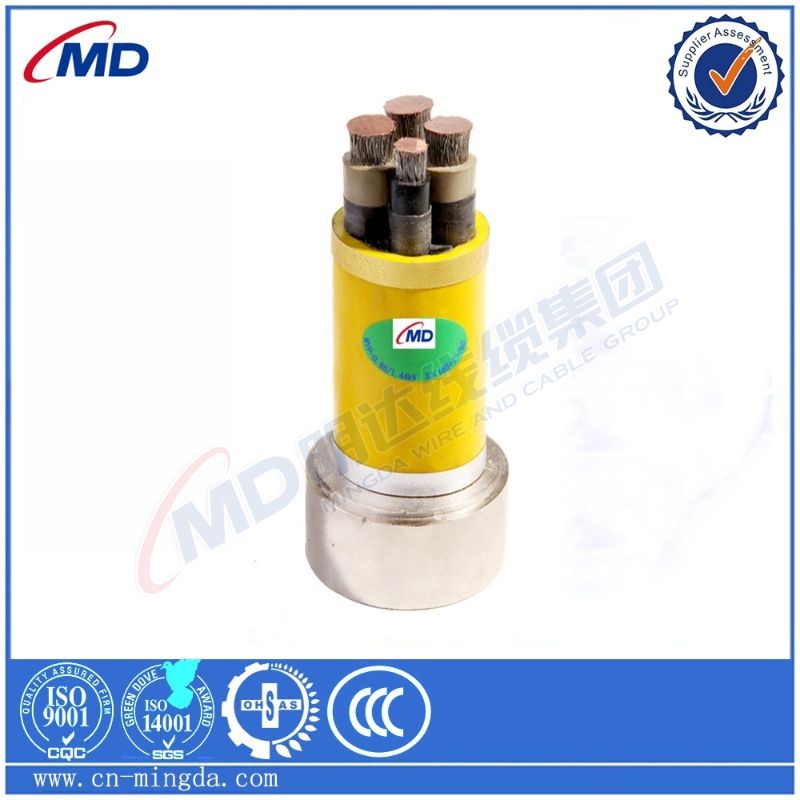Nov . 06, 2024 05:18 Back to list
Understanding the Functionality and Importance of Actuated Valves in Industrial Applications
The Importance of Actuated Valves in Modern Industry
Actuated valves are an integral part of automated systems in various industries, playing a crucial role in the regulation of fluid flow. As automation technology advances, the demand for actuated valves has significantly increased due to their efficiency and reliability in controlling processes. This article explores the functionality, types, applications, and advantages of actuated valves, highlighting their importance in modern industrial operations.
An actuated valve is essentially a valve that is operated by an external power source. Unlike traditional valves that rely on manual manipulation for opening or closing, actuated valves are equipped with an actuator, which can be mechanical, hydraulic, pneumatic, or electric. The actuator enables the valve to be opened or closed automatically based on signals from a control system, making it an essential component in automated processes.
Types of Actuated Valves
There are several types of actuated valves, each suited for specific applications. Common types include
1. Ball Valves These valves utilize a spherical disc to control the flow of fluids. When the ball is turned, the flow path opens or closes, providing excellent sealing properties. Ball valves are often used in high-pressure applications due to their durability and reliability.
2. Gate Valves Gate valves are used primarily for on/off control. They are operated by lifting or lowering a gate within the valve body. While they offer minimal flow resistance when fully open, they are not suitable for throttling applications.
3. Globe Valves Designed for throttling purposes, globe valves feature a spherical body and a movable disk that allows for precise flow control. They are commonly used in applications where fluid regulation is critical.
4. Butterfly Valves These valves consist of a rotating disc that allows or obstructs flow. Butterfly valves are lightweight and compact, making them ideal for large-diameter pipes and systems requiring quick operation.
5. Check Valves These valves are designed to prevent backflow in piping systems. They operate automatically and do not require external power, ensuring fluid flows in a designated direction.
actuated valve

Applications of Actuated Valves
Actuated valves find applications across a myriad of industries
. In the oil and gas sector, they control the flow of crude oil and natural gas through pipelines, ensuring safe and efficient operation. In the chemical manufacturing industry, actuated valves regulate the flow of hazardous chemicals and materials, providing safety and precision in processing.The water treatment and wastewater sectors also rely heavily on actuated valves for controlling water flow and treatment processes. In HVAC systems, they manage the flow of heating and cooling fluids, optimizing energy efficiency in building management.
Moreover, the food and beverage industry utilizes actuated valves to maintain hygiene and product integrity while controlling the flow of ingredients. The pharmaceutical industry benefits from actuated valves in maintaining sterile conditions during the production of medicines and vaccines.
Advantages of Actuated Valves
The advantages of using actuated valves are numerous. First and foremost, they enhance operational efficiency by enabling remote control and monitoring, reducing the need for manual intervention. This remote capability results in shorter response times to process changes, facilitating better control over production processes.
Safety is another significant benefit. By automating valve operations, the risk of human error is minimized, which is critical in industries handling hazardous materials. Actuated valves often come equipped with safety features, such as fail-safe actuators, ensuring that they revert to a safe position in case of power loss or failure.
Moreover, actuated valves can lead to cost savings. By improving process efficiency and reducing downtime caused by manual operations, companies can increase productivity and reduce labor costs.
Conclusion
In conclusion, actuated valves are vital components of modern automated systems in various industries. Their ability to control fluid flow efficiently, enhance safety, and reduce operational costs makes them indispensable in today's industrial landscape. As technology continues to evolve, the importance of actuated valves will likely grow, providing enhanced capabilities and greater efficiency for processes across the globe. Embracing the advancements in actuated valve technology can lead to significant benefits for industries aiming to optimize their operations.
Share
-
Reliable Wafer Type Butterfly Valves for Every IndustryNewsJul.25,2025
-
Reliable Flow Control Begins with the Right Ball Check ValveNewsJul.25,2025
-
Precision Flow Control Starts with Quality ValvesNewsJul.25,2025
-
Industrial Flow Control ReliabilityNewsJul.25,2025
-
Engineered for Efficiency Gate Valves That Power Industrial PerformanceNewsJul.25,2025
-
Empowering Infrastructure Through Quality ManufacturingNewsJul.25,2025